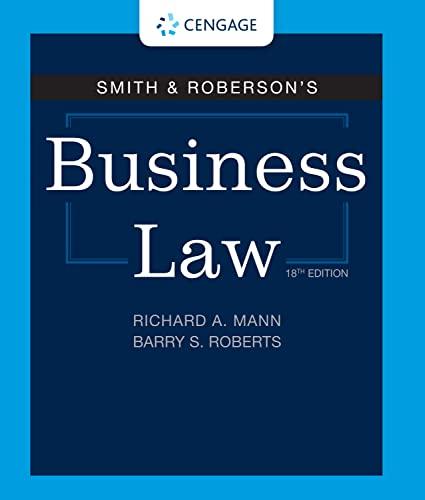Question
A rural community faced unexpected and unprecedented growth, as individuals and families moved away in droves from a nearby metropolitan area into the suburbs, where
A rural community faced unexpected and unprecedented growth, as individuals
and families moved away in droves from a nearby metropolitan area
into the suburbs, where they could enjoy lower property taxes and larger
footprint properties. In response to the growing population, the city council
wanted to build a new public park to beautify the community and retain
some of its rural, green-space feel. However, the community was landlocked
between the metropolitan city and surrounding suburbs, so any growth had
to take place within its municipal boundaries. City officials identified the
prime location for the park, a five-acre plot owned by a local resident. The city
offered a modest sum to purchase the home and land, which the homeowner
refused, claiming that the fair market value of the property had increased
significantly with the population boom. Using its power of eminent domain,
the city eventually condemned the property and took ownership of it, against
the homeowner's wishes.
Given what you know about property rights and social contract theory, do
you think the city was within its rights to forcibly claim the property when the
owner refused to sell? Why or why not? How would you have addressed this
situation, if you were a city official?
Step by Step Solution
There are 3 Steps involved in it
Step: 1

Get Instant Access to Expert-Tailored Solutions
See step-by-step solutions with expert insights and AI powered tools for academic success
Step: 2

Step: 3

Ace Your Homework with AI
Get the answers you need in no time with our AI-driven, step-by-step assistance
Get Started


